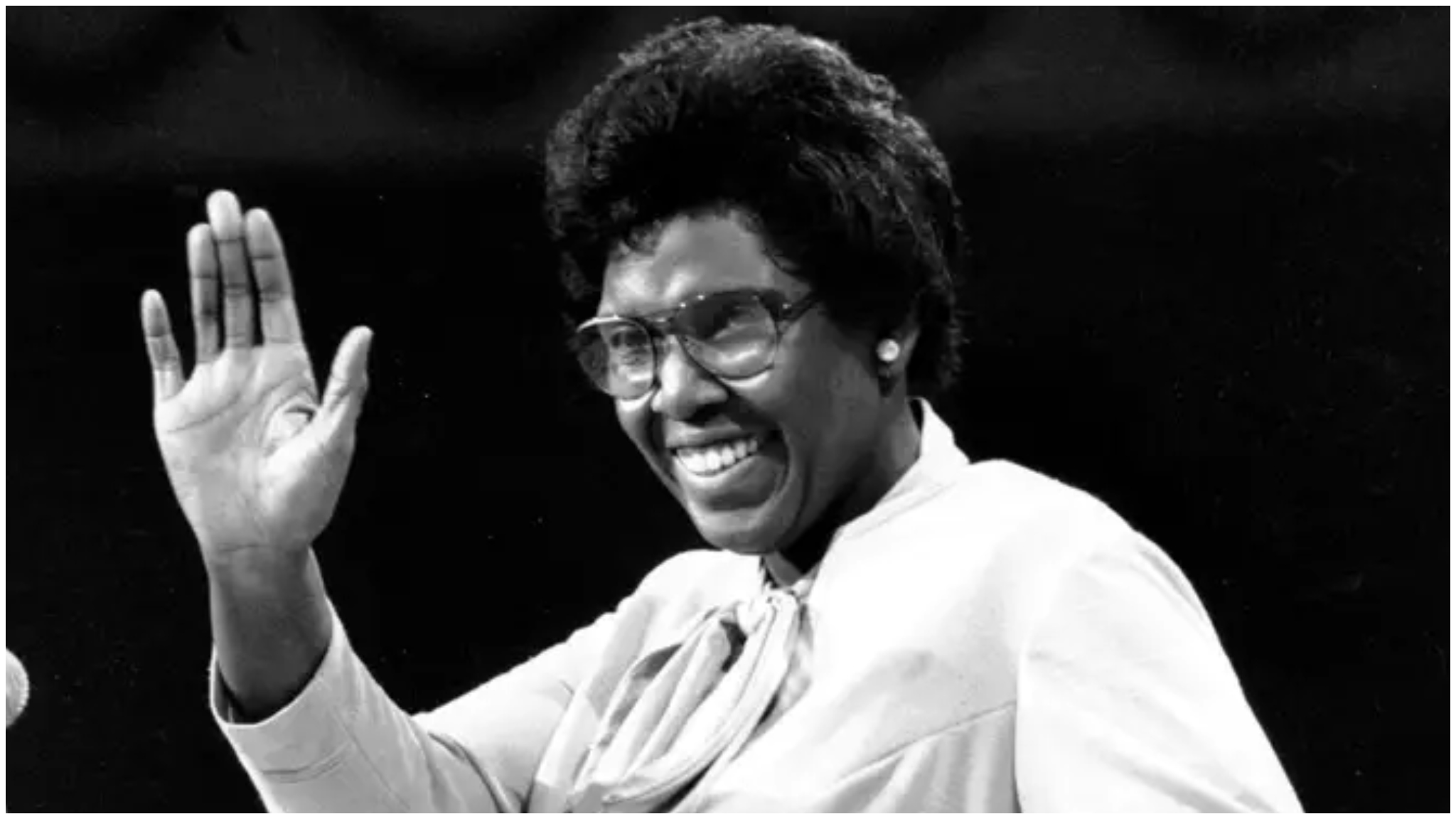A Trailblazer in American Politics
Barbara Jordan made history as the first Black woman elected to the Texas Senate and the first Black Texan in Congress. Her fearless leadership and powerful oratory skills left an indelible mark on American politics.
During the 1974 Watergate hearings, her stirring speech on constitutional principles captivated the nation. Jordan’s unwavering commitment to justice and equality reshaped political representation in the South.
From Houston to the Halls of Power
Born in Houston in 1936, Jordan grew up in a family deeply rooted in faith and public service. Her father was a Baptist preacher, and her mother was a skilled public speaker—qualities Jordan would inherit.
After earning a law degree from Boston University, she entered politics, determined to break barriers. Though she lost her first two campaigns, she persisted, winning a Texas Senate seat in 1966—the first Black woman to do so since Reconstruction.
Championing Civil Rights in Congress
Jordan’s 1972 election to the U.S. House of Representatives marked another historic first—she was the first Black congresswoman from the South in the 20th century. In Washington, she fought tirelessly for marginalized communities.
She played a pivotal role in expanding the Voting Rights Act to protect Latinx, Native, and Asian Americans. Her work on the Judiciary Committee during Nixon’s impeachment hearings cemented her legacy as a constitutional defender.
A Voice That Inspired a Nation
In 1976, Jordan became the first Black woman to deliver the Democratic National Convention’s keynote address. Her commanding presence and moral clarity resonated across party lines.
Even after leaving Congress, she remained influential, teaching at the University of Texas and leading immigration reform under President Clinton. Though multiple sclerosis limited her mobility, her voice never wavered.
A Lasting Legacy
Jordan passed away in 1996, but her impact endures. Schools, awards, and public buildings bear her name, honoring her contributions to democracy and civil rights.
Her story reminds us that courage and conviction can change history. As she once said, “What the people want is very simple—they want an America as good as its promise.”





